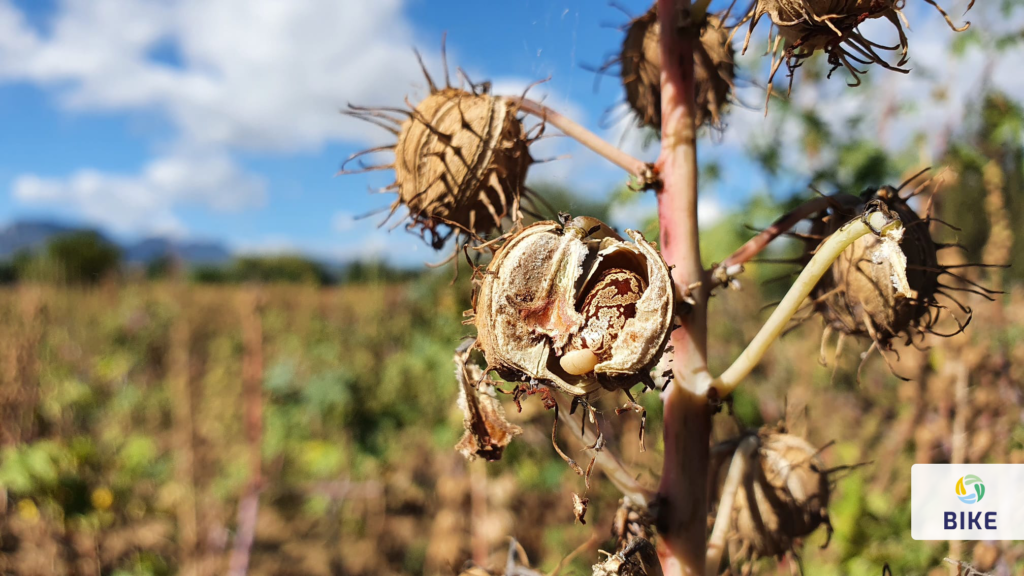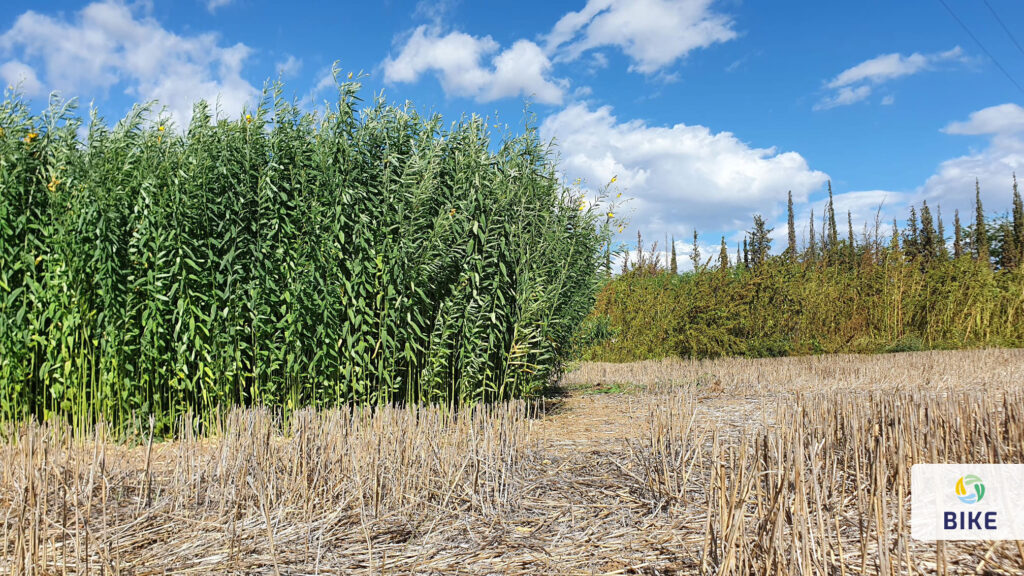After two years of work, the BIKE project is producing several results, important for the valorization of low-ILUC risk value chains. BIKE partner CRES has recently submitted a report that assesses the potential production of biomass feedstocks in unused, abandoned, or severely degraded land.
The review strongly builds on recently finished work in the H2020 project MAGIC, PANACEA and BECOOL and the contract study for DG-ENER on the status of land availability in the EU and use for energy and other non-food crops1.

The report concentrates on the following aspects:
1) An overview of the characteristics of unused, abandoned, and degraded lands in terms of biophysical (soil and climate) characteristics and how they influence crop growth suitability. This also involves a discussion on how these categories of land differ from the better agricultural lands where most of the food crop cultivation takes place.
2) An overview of biomass crops and their characteristics which is discussed particularly in relation to their ability to grow under more marginal conditions. The focus is on both annual and perennial crops, particularly non-food crops.
3) A review of the yielding potential of the selected crops in lands with good agricultural conditions and under natural constraints.
4) A review of the economic and wider environmental performance of the selected crops
Overall, the meta-analysis shows that there are many crops able to reach commercialization by 2030. They are well adaptable to the European agroecological zones (AEZs), and, when cultivated with sustainable agricultural practices, can provide feedstock for biofuel production, without causing any harm. They are in turn able to restore soils suffering from natural constraints and/or degradations.
In the Atlantic zone, both in agricultural and marginal land, the highest average-yielding lignocellulosic crops are Switchgrass, Biomass Sorghum, Giant Reed, and RCG. The best-yielding oil crops are Cardoon and Ethiopian mustard, but these crops can only grow locally in a limited part of the Atlantic zone.
In the Continental and Boreal zones, the best-yielding oil crops are Cardoon and Crambe, suitable for both marginal and non-marginal circumstances. The best biomass crops are Switchgrass, Biomass Sorghum, and Giant Reed.
The Mediterranean zone has the largest number of both oil and biomass crops to choose from. For oil crops under marginal conditions Ethiopian mustard, Cardoon and Castor are expected to give the highest average yields. However, if the marginal constraint is dryness, one can best choose Camelina.

As to biomass crops in the Mediterranean, there are many crops that can reach 20-ton dm/ha yields in non-marginal conditions and in marginal conditions above 10-ton dm/ha. However, what the best choice is should again be determined by the locally present natural constraints. If dryness prevails (quite widespread in the Mediterranean area), the best choice would still be to choose a crop with an overall low average yielding level but with a good survival rate such as Tall wheatgrass and RCG.
Overall, it is clear that the best choice under marginal circumstances is very much dependent on the type of natural constraint present. For oil crops, one can conclude that a yield of more than 1.5 tons of oil seeds is not easy to reach in marginal conditions in all areas. Oil seed yields are generally higher in the Mediterranean than in the other AEZs also because there is a wider choice of oil crops for this zone.
The review also showed however that there are several crops that can still give good yields in specific marginal conditions such as Willow, Giant reed, and RCG which grow excellently in soils that are wet most of the year.
The full report can be downloaded here
(1) ANALYSIS OF ACTUAL LAND AVAILABILITY IN THE EU; TRENDS IN UNUSED, ABANDONED AND DEGRADED (NON-)AGRICULTURAL LAND AND USE FOR ENERGY AND OTHER NON-FOOD CROPS (ENER/C2/2018-440)


